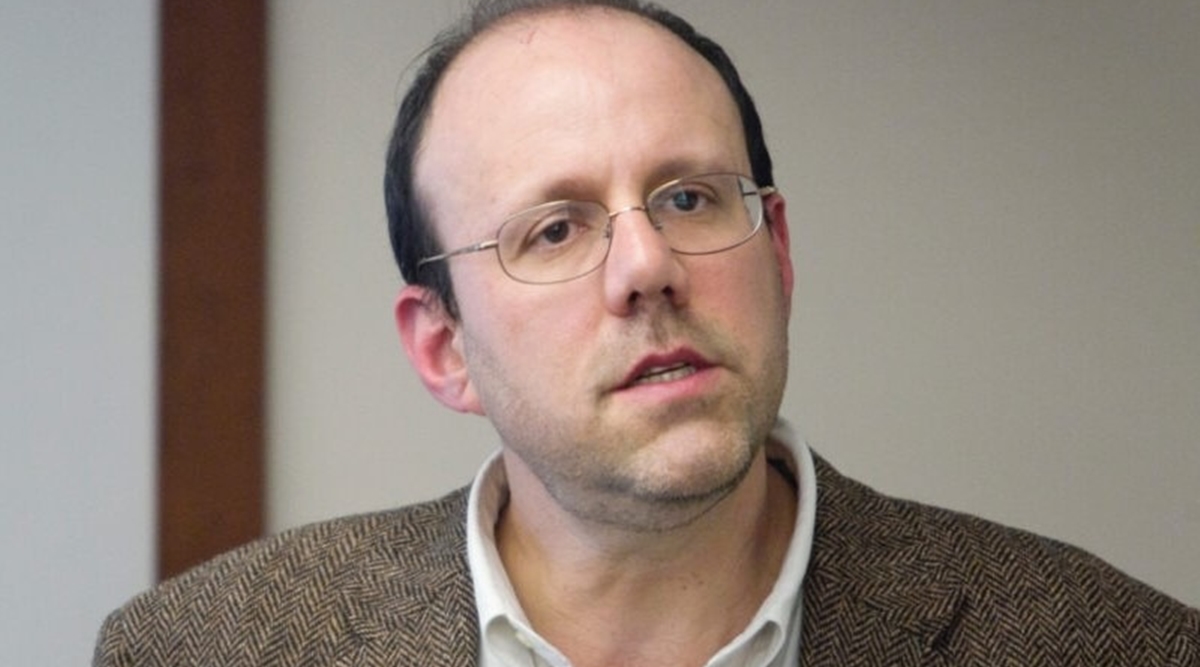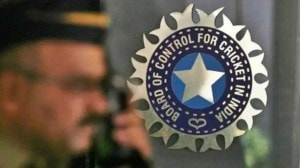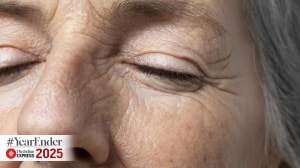For better analysis, Kremer bats for RCT experimentation
Kremer was speaking after delivering the TN Srinivasan Memorial Lecture at National Council of Applied Economic Research.
 Economist and Nobel Laureate Michael R Kremer. (Image: Facebook @MichaelRobertKremer)
Economist and Nobel Laureate Michael R Kremer. (Image: Facebook @MichaelRobertKremer)For a diverse country like India, the results of randomised control trials (RCTs) might be common for some procedures and might be different for some regions and the experimentation needs to be done at multiple sites to do a better analysis and then see the differences across states, economist and Nobel Laureate Michael R Kremer said Wednesday. “For some things, there might be very common procedures in terms of results of randomised trials, for some other things that might be very different. There might be systematic preferences for some regions…the idea is to experiment at multiple sites and then do a better analysis and see the differences across the sites,” he said.
Kremer was speaking after delivering the TN Srinivasan Memorial Lecture at National Council of Applied Economic Research (NCAER). Kremer along with economists Abhijit Banerjee and Esther Duflo was awarded the 2019 Sveriges Riksbank Prize in Economic Sciences in Memory of Alfred Nobel for their experimental approach to alleviating global poverty. They worked with RCTs to understand the impact of various policy initiatives/interventions to find the impact or outcome. Such as whether providing a mobile vaccination van and/or a sack of grains would incentivise villagers to vaccinate their kids and then under an RCT, village households would be divided into groups, study its different aspects, conduct various experiments and, based on such evidence, decide what needs to be done.
“…whether it’s a state, whether it’s a city or a particular department in university, if somebody is going to try a new approach, carefully document the impact of that…I think there should be support at the central level for encouraging that type of experimentation and documenting it,” he said. He said governments often are willing to respond to evidence but do not always have staff or units dedicated to experimentation and iteration. Referring to government/researcher/non-profit collaborations in digital agriculture, Kremer noted the use of IFFCO-Kisan mobile phone advisory service by 3.5 million farmers across 19 states.
He also talked about improving the quality of drinking water, saying that 70 per cent of households in rural areas do not treat water before drinking. “Many people still use untreated groundwater. Recontamination of treated water happens due to leaks, low pressure in pipes,” he said.
He suggested use of inline chlorination at low dose with no taste as an inexpensive and effective way to improve water quality. Citing the example of Bangladesh, he said randomised evaluation there suggests 25 per cent reduction in childhood diarrhoea.
- 01
- 02
- 03
- 04
- 05































